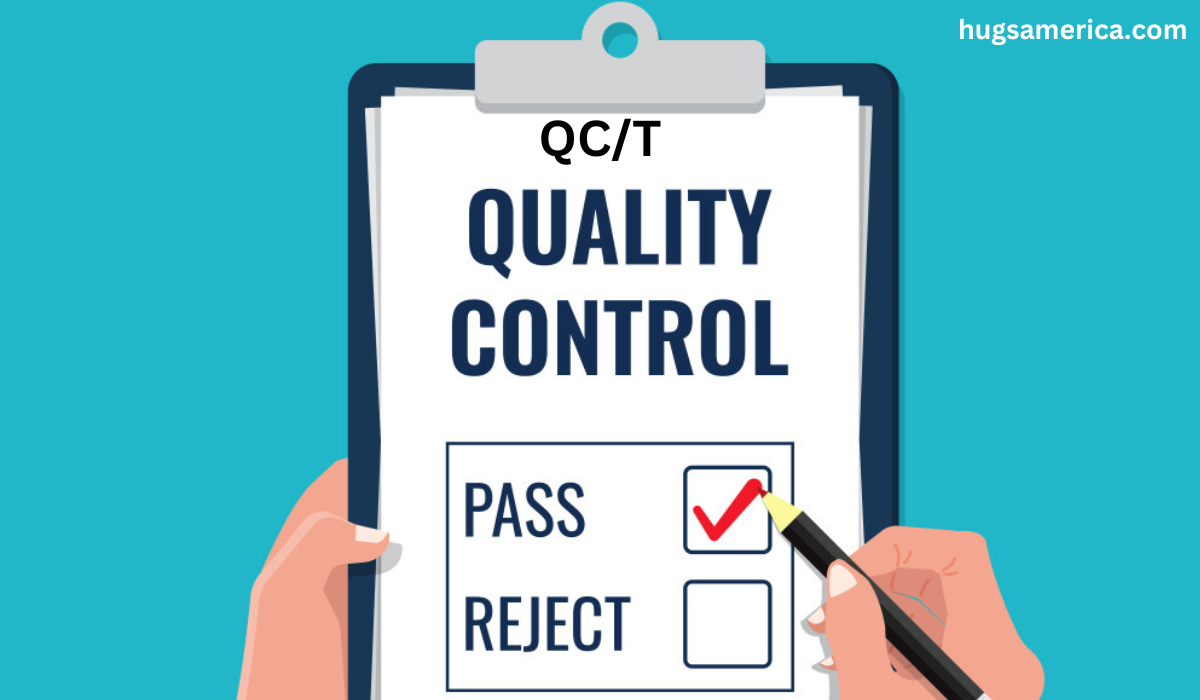Introduction
When you’re experiencing stomach pain, picture a superhero coming to your aid. Ulcuprazol is that super hero—a potent drug that successfully treats a variety of stomach problems. Proton pump inhibitors (PPIs), including ulcuprazol, are commonly used to treat and manage illnesses like Helicobacter pylori infection, gastric ulcers, duodenal ulcers, and gastroesophageal reflux disease (GERD). This article examines the science underlying Ulcuprazol, as well as its advantages, dosage recommendations, possible adverse effects, and prospects for this amazing drug.
Understanding Ulcuprazol: How it Works
Mechanism of Action: The Power of Proton Pump Inhibition
Ulcuprazol works by targeting and inhibiting the proton pumps in the stomach lining. These proton pumps are responsible for producing stomach acid, which is necessary for digestion but can cause problems when produced in excess. By blocking these pumps, Ulcuprazol significantly reduces the amount of acid produced, providing relief from acid-related discomfort and allowing healing of the stomach lining.
Pharmacokinetics: Absorption, Peak Levels, and Elimination
Understanding the pharmacokinetics of Ulcuprazol is essential for effective and personalized treatment. After oral administration, Ulcuprazol is absorbed into the bloodstream and reaches peak plasma levels within one to two hours. Food intake can affect its absorption, so it’s typically recommended to take Ulcuprazol before meals for optimal effectiveness. The medication is then metabolized in the liver and excreted through the kidneys, with a half-life of approximately one to two hours, although its acid-suppressing effects can last up to 24 hours.
Ulcuprazol’s Battleground: Target Conditions
Diverse Therapeutic Uses
Ulcuprazol is versatile in its therapeutic applications, making it a valuable tool in the treatment of various gastric conditions. It is commonly prescribed for:
- Gastric Ulcers: Ulcuprazol helps heal ulcers by reducing stomach acid and providing a more conducive environment for healing.
- Duodenal Ulcers: Similar to gastric ulcers, duodenal ulcers benefit from the acid-suppressing properties of Ulcuprazol.
- GERD (Gastroesophageal Reflux Disease): By reducing stomach acid, Ulcuprazol alleviates the symptoms of GERD, such as heartburn and regurgitation.
- H. pylori Infection: Ulcuprazol is often part of a combination therapy to eradicate H. pylori, a bacterium linked to peptic ulcers and gastric cancer.
- Zollinger-Ellison Syndrome: This rare condition causes excessive acid production, and Ulcuprazol’s potent acid-suppressing properties make it an effective treatment.
First-Line Therapy
Due to its effectiveness and safety profile, Ulcuprazol is frequently used as a first-line therapy for many acid-related conditions. Its ability to provide rapid and sustained relief makes it a preferred choice among healthcare providers.
Victory Over Discomfort: Benefits and Efficacy
Key Benefits
Ulcuprazol offers numerous benefits for those suffering from acid-related conditions:
- Reduced Acid Production: By inhibiting proton pumps, Ulcuprazol significantly lowers stomach acid levels.
- Relief from Symptoms: Patients experience relief from heartburn, indigestion, and ulcer pain.
- Healing and Prevention: Ulcuprazol aids in the healing of existing ulcers and prevents the recurrence of ulcers.
- Improved Quality of Life: Effective management of symptoms allows patients to enjoy a better quality of life.
- Good Tolerability and Safety: Ulcuprazol is well-tolerated by most patients, with a low incidence of severe side effects.
Proven Efficacy
Clinical studies and patient experiences consistently demonstrate the efficacy of Ulcuprazol in treating a wide range of gastric issues. Its ability to provide sustained relief and promote healing makes it a cornerstone of gastric treatment.
Strategic Dosing: How to Take Ulcuprazol Safely
Following Prescribed Dosage
For optimal results, it is crucial to follow the prescribed dosage of Ulcuprazol. Dosage may vary depending on the condition being treated and the patient’s overall health.
Proper Administration
- Taking Tablets Whole: Ulcuprazol tablets should be swallowed whole, without crushing or chewing.
- With or Without Food: While it can be taken with or without food, taking it before meals is often recommended for better absorption.
- Consistent Timing: Maintaining a consistent timing for taking Ulcuprazol helps maintain steady drug levels in the body.
Disclosing All Medications
To avoid potential interactions, patients should disclose all medications they are currently taking, including over-the-counter drugs and supplements. This ensures safe and effective treatment.
Storage and Missed Doses
- Storage Instructions: Store Ulcuprazol at room temperature, away from moisture and heat.
- Managing Missed Doses: If a dose is missed, take it as soon as remembered, unless it is close to the time for the next dose. Do not double up to make up for a missed dose.
Open Communication with Healthcare Providers
Patients are encouraged to maintain open communication with their healthcare providers to address any concerns or questions regarding their treatment with Ulcuprazol. This collaboration ensures safe and effective use of the medication.
Potential Foes: Side Effects and Management
Common Side Effects
While Ulcuprazol is generally well-tolerated, some patients may experience side effects such as:
- Headaches
- Nausea
- Diarrhea
Rare but Severe Reactions
In rare cases, severe side effects may occur, including:
- Severe Allergic Reactions: Such as rash, itching, or swelling.
- Severe Stomach Pain: Indicating potential complications.
- Bone Fractures: Long-term use has been linked to an increased risk of bone fractures.
Managing Side Effects
- Contacting Healthcare Providers: Patients should contact their healthcare provider if they experience concerning side effects.
- Adjusting Dosage or Switching Medications: Healthcare providers may adjust the dosage or switch to a different medication if necessary.
Personalized Care
Personalized care is essential for managing side effects effectively. Patients should avoid self-diagnosing or making adjustments to their medication regimen without consulting their healthcare provider.
Alliances and Strategies: Interactions and Diet
Medication Interactions
Ulcuprazol can interact with other medications, affecting their efficacy or increasing the risk of side effects. Patients should disclose all medications they are taking to avoid potential interactions.
Specific Medications to Note
Certain medications can impact the effectiveness of Ulcuprazol or increase side effects, including:
- Antifungal Medications: Such as ketoconazole.
- HIV Medications: Such as atazanavir.
- Blood Thinners: Such as warfarin.
Dietary Considerations
Diet plays a role in the effectiveness of Ulcuprazol. Patients should consider:
- Avoiding Excessive Alcohol: Alcohol can irritate the stomach lining and worsen symptoms.
- Identifying Problematic Foods: Certain foods can trigger symptoms, and patients should identify and avoid these.
Open Communication
Maintaining open communication with healthcare providers about medication interactions and dietary concerns is crucial for effective treatment.
Cost, Choice, and Quality: Selecting the Right Ulcuprazol
Cost and Accessibility
Cost and accessibility are important factors when choosing Ulcuprazol. Patients should consider:
- Insurance Coverage: Checking if Ulcuprazol is covered by their insurance plan.
- Generic Versions: Exploring cost-effective generic versions of Ulcuprazol.
- Reputable Brands: Selecting reputable brands with a good track record for quality and efficacy.
Consulting Healthcare Professionals
Patients should consult healthcare professionals for recommendations on the best options based on their specific needs and circumstances.
The Future of Ulcuprazol: Ongoing Research and Advancements
Future Trends in Ulcuprazol Research
Ongoing research continues to explore new possibilities for Ulcuprazol, focusing on:
- Targeted Formulations: Developing more targeted formulations for specific conditions.
- Improved Delivery Methods: Enhancing delivery methods to increase efficacy and convenience.
- Broader Therapeutic Uses: Exploring new therapeutic uses for Ulcuprazol in treating other conditions.
Exciting Breakthroughs
Upcoming breakthroughs in Ulcuprazol research could revolutionize treatment approaches, offering even more effective and convenient options for patients.
YOU MAY ALSO LIKE
Unveiling Your Path to Wellness: A Guide to Trendzguruji.Me Health
Conclusion
Ulcuprazol is a unique drug that is very effective in treating a variety of stomach problems. Its benefits, safety profile, and mode of action make it a well-liked option for both patients and medical professionals. Speak with a healthcare professional about Ulcuprazol if you’re experiencing stomach discomfort as the first step toward better health and a higher standard of living. Ulcuprazol appears to have a bright future with continued research and developments, bringing hope for even better treatments in the future.
FAQs
- What is Ulcuprazol used for? Ulcuprazol is used to treat various gastric issues, including gastric ulcers, duodenal ulcers, GERD, H. pylori infection, and Zollinger-Ellison syndrome.
- How does Ulcuprazol work? Ulcuprazol works by inhibiting proton pumps in the stomach lining, reducing acid production and alleviating acid-related discomfort.
- Are there any common side effects of Ulcuprazol? Common side effects of Ulcuprazol include headaches, nausea, and diarrhea. Severe side effects are rare but possible.
- How should Ulcuprazol be taken? Ulcuprazol should be taken as prescribed, usually before meals, and the tablets should be swallowed whole. Consistency in timing is important for optimal results.
- Can Ulcuprazol interact with other medications? Yes, Ulcuprazol can interact with other medications such as antifungal drugs, HIV medications, and blood thinners. Always disclose all medications to your healthcare provider.










